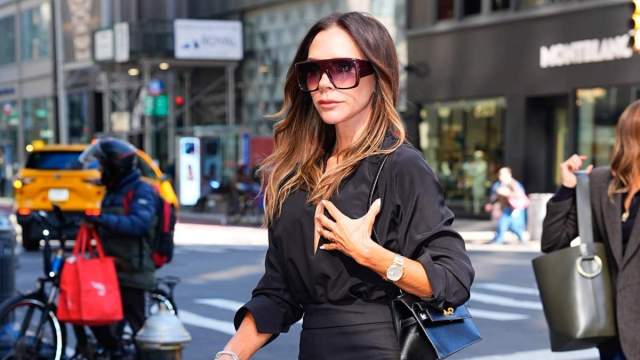As Paris Couture Week returns, it’s a great reminder that for years, Black women (especially over 40) have embodied couture in ways that celebrate confidence, heritage, and timeless style. Couture, at its core, is custom hand-sewn high fashion at its most extravagant. It’s a showcase of craftsmanship and creativity that exists to push the limits of what clothing can be.
Look around any Black cultural space and you’ll see the spirit of couture. The feathers, sequins, and painstaking detail at Carnival. The church pew? A front row of First Ladies and deaconesses in hats sculpted to the heavens, suits so crisp they might as well be runway samples. Ballroom culture taught the world what it means to serve a look that’s handmade, otherworldly, and laced with narrative. And drag? Please, Black queens and femmes over 40 have been doing high fantasy and performance art long before it was mainstream TV.
We’ve all witnessed it. A black woman in her forties, fifties, or sixties, stepping out in a sweeping, custom gown that catches the light like stained glass. She’s on her way to church, or maybe a gala, or perhaps she’s just decided Sunday brunch deserves full drama. In that moment, she wasn’t just wearing clothes. She was the fantasy. And for Black women over 40, this fantasy has never been borrowed from Paris ateliers alone, but rooted in a deep cultural tradition of spectacle, performance, and self-definition.
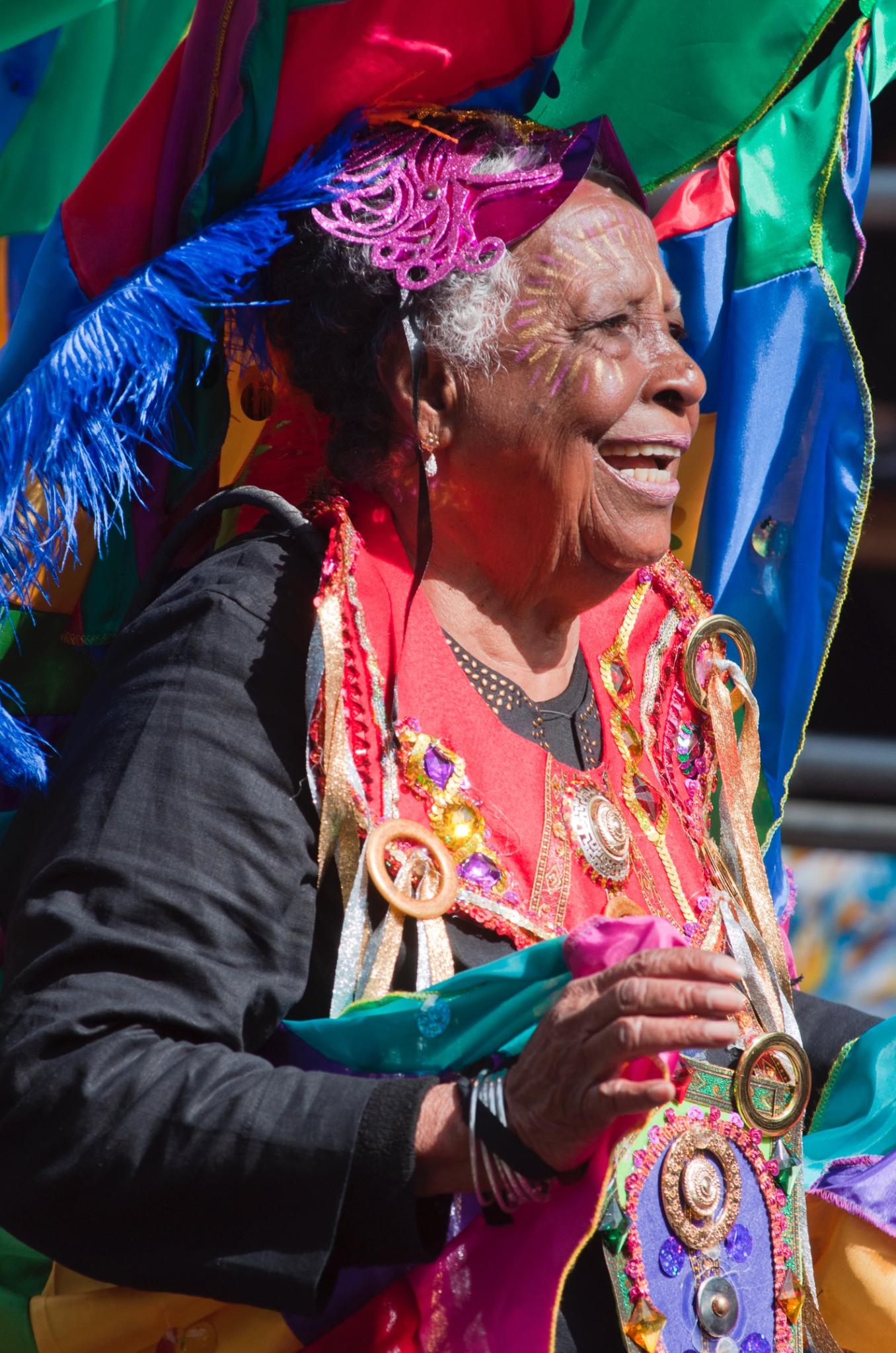
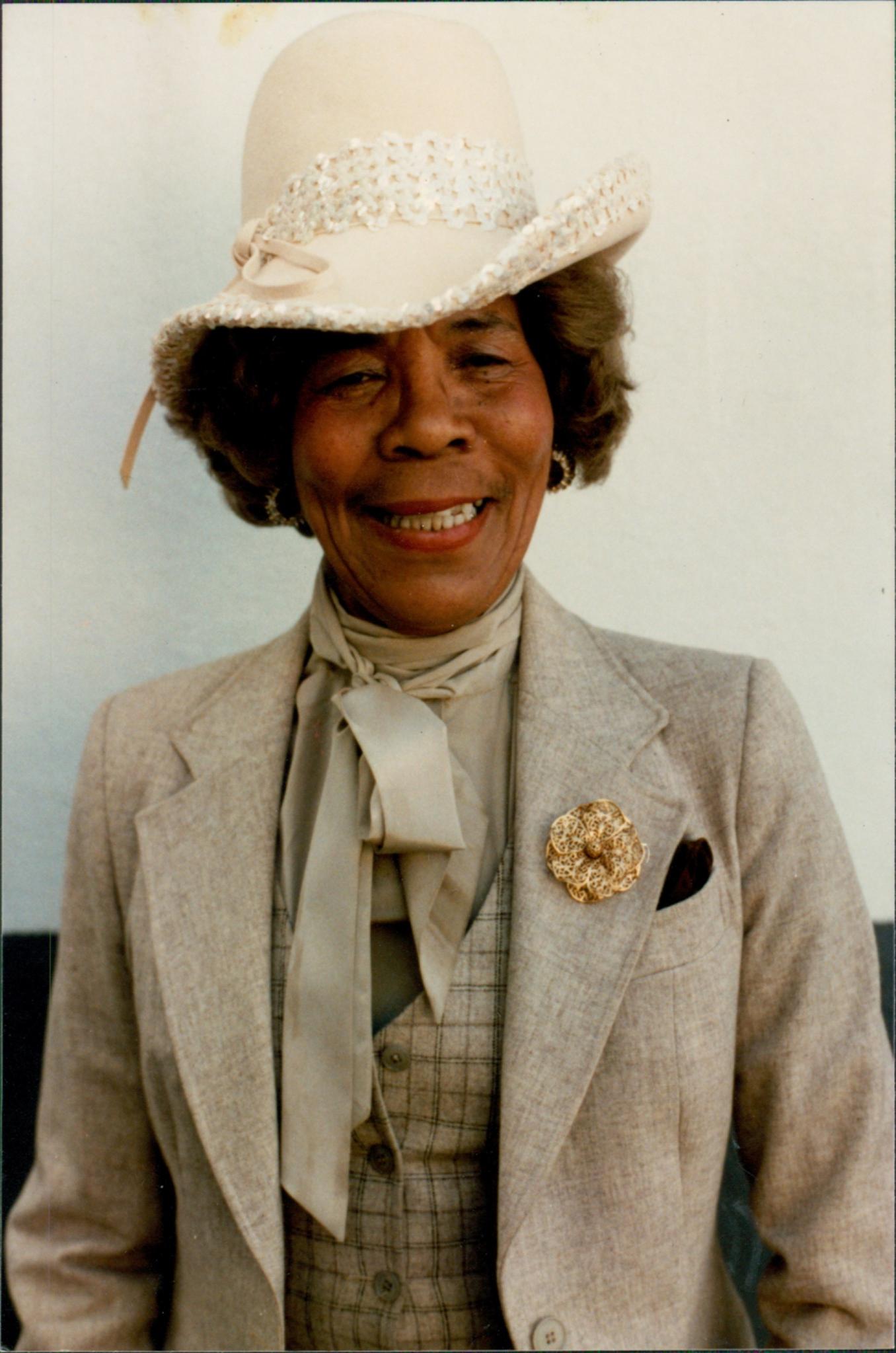
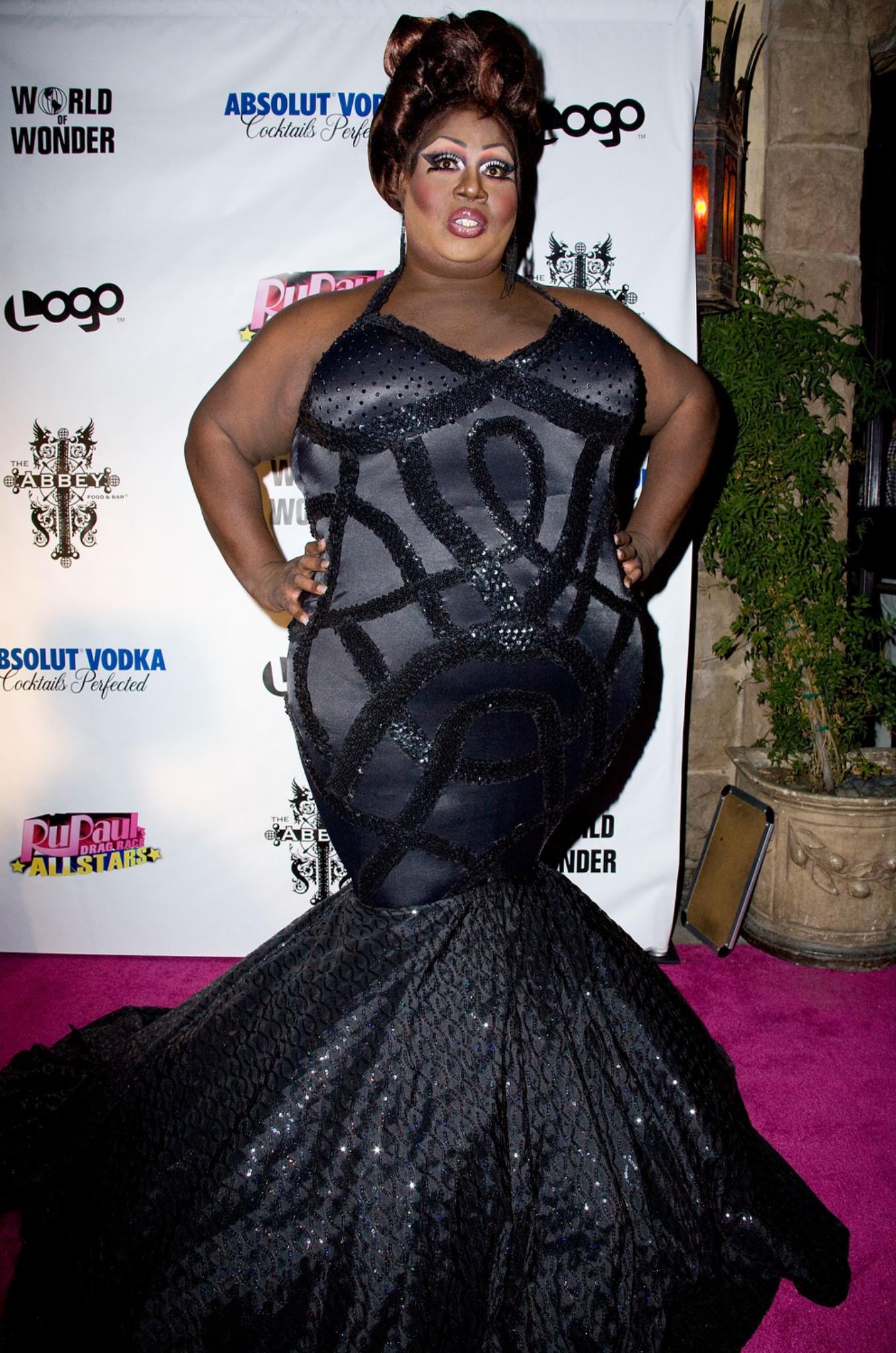
Paris Couture Week has always promised a dream: handmade gowns, beading that takes months, silks spun just so. It’s an art form built on exclusivity, secrecy, and the idea that only a select few deserve to embody this level of fantasy. Historically, that select few did not look like us, and oftentimes were much younger than 40. But here’s the twist: the spectacle and performance that couture sells are things Black communities have mastered for generations, with or without the blessing of European gatekeepers.
This is why Black women 40+ are the blueprint for wearing couture like they mean it. They don’t just buy or borrow. It’s innate. As Abrima Erwiah, co-founder of Studio 189, said in an interview with OkayAfrica, “What you wear matters, it affects other people; it affects what you put on your heart.” There’s an inherited wisdom here: how to style a dramatic hat, how to make a floor-length cape feel like an everyday shrug, how to stand ten toes down in an outfit that demands space. Think Diana Ross sweeping across a stage in a Bob Mackie gown, Patti LaBelle in all her sequins, or your own auntie at a family gathering in a gown that could stop traffic. There’s power in seeing age not as a limit but as an amplifier of style.
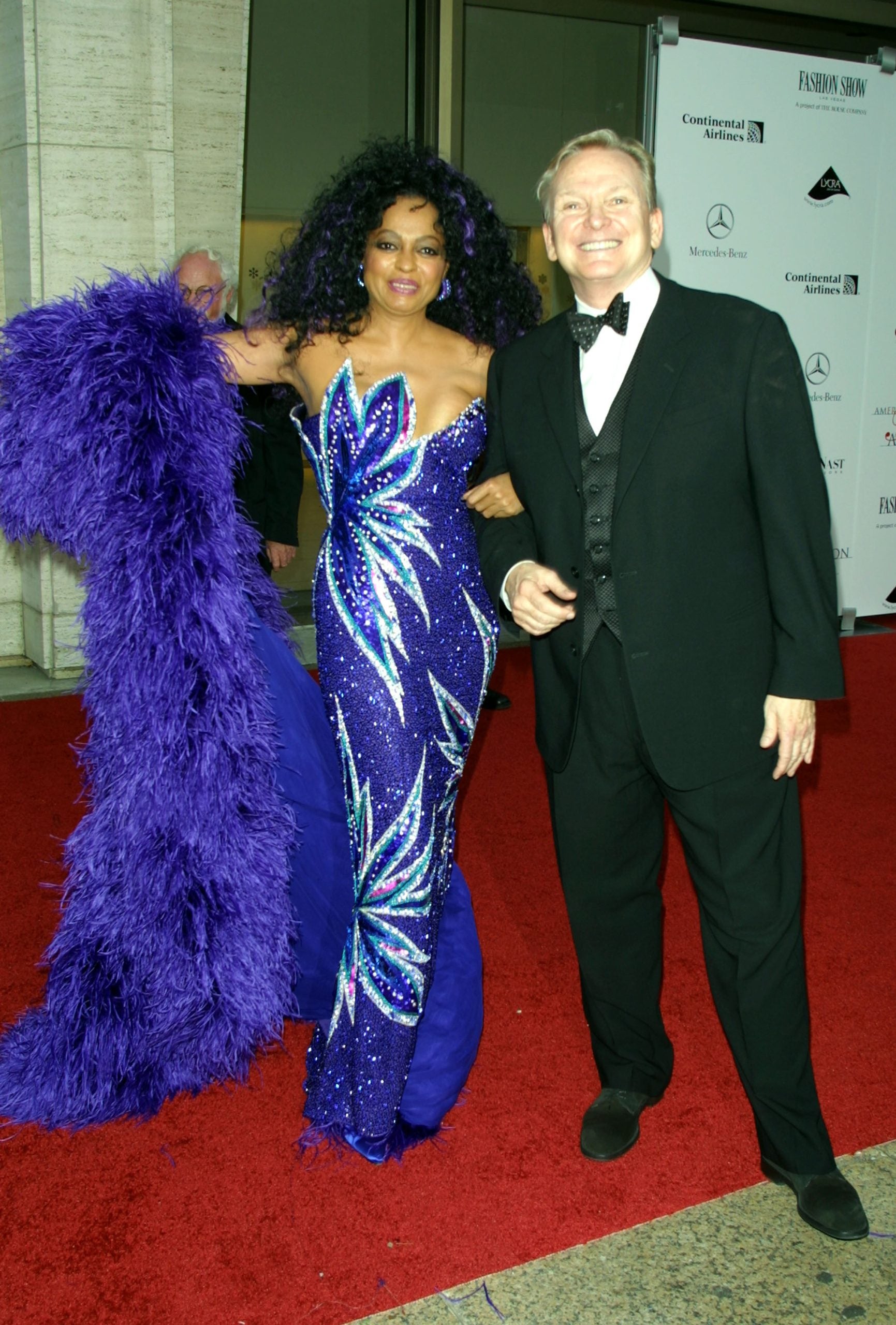
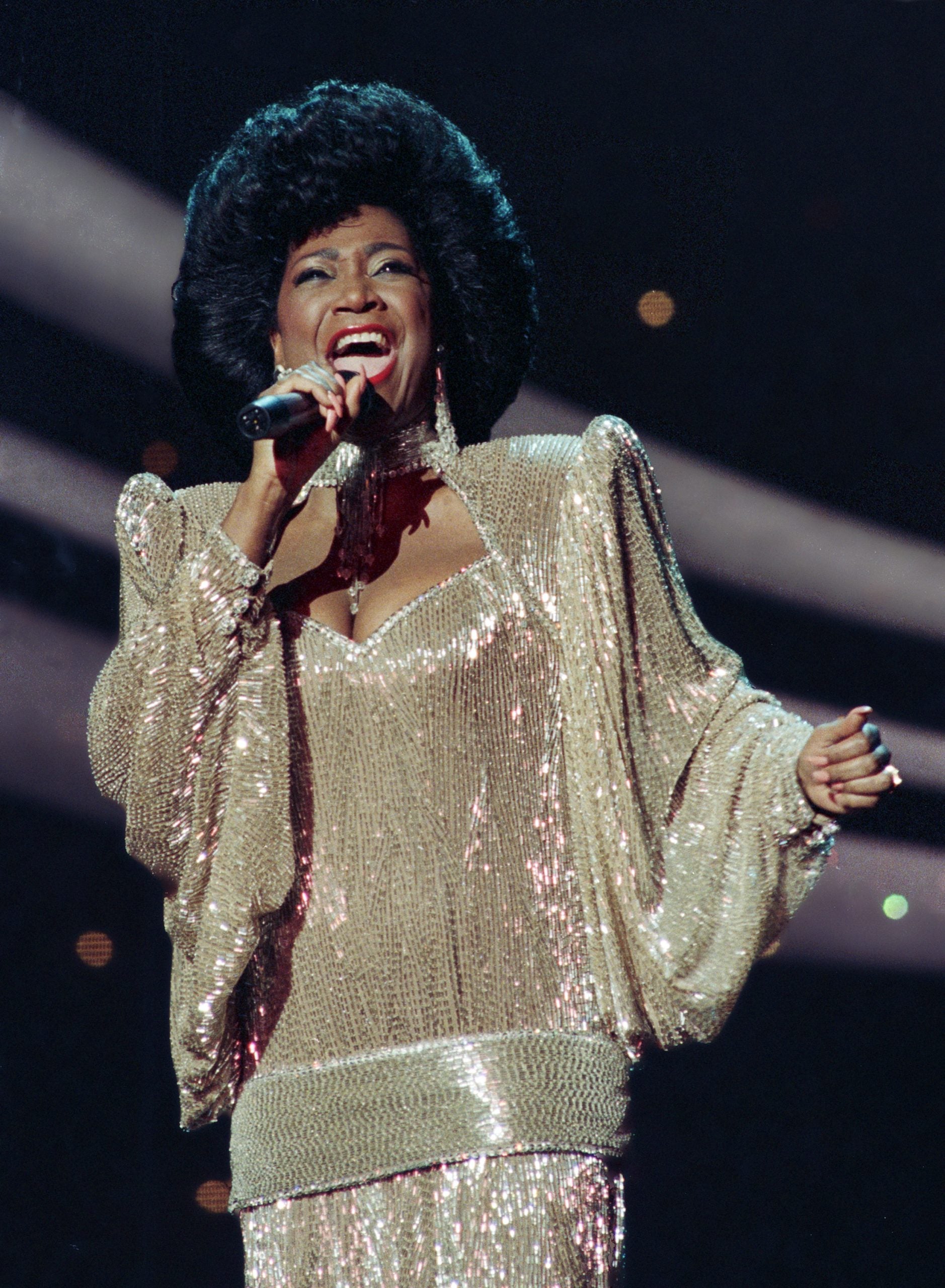
Today, we’re watching this reclamation in real time. Black designers like Christopher John Rogers and Sergio Hudson are making couture-level drama that feels like home, with women over 40 rocking these looks on carpets and covers with zero apologies. Angela Bassett, Tracee Ellis Ross, Viola Davis, they’re walking proof that you can be seasoned and still draped in the highest forms of fantasy. Stylists and editors are finally catching up to what we’ve always known: the fantasy is not just for the young, or the white, or the new. It’s for the ones who’ve lived enough life to hold it up.
From the Harlem Renaissance’s tailored suits and extravagant hats to the pageantry of HBCU homecomings, our communities have always treated fashion like a sacred art form meant to turn sidewalks into runways and everyday life into a stage.
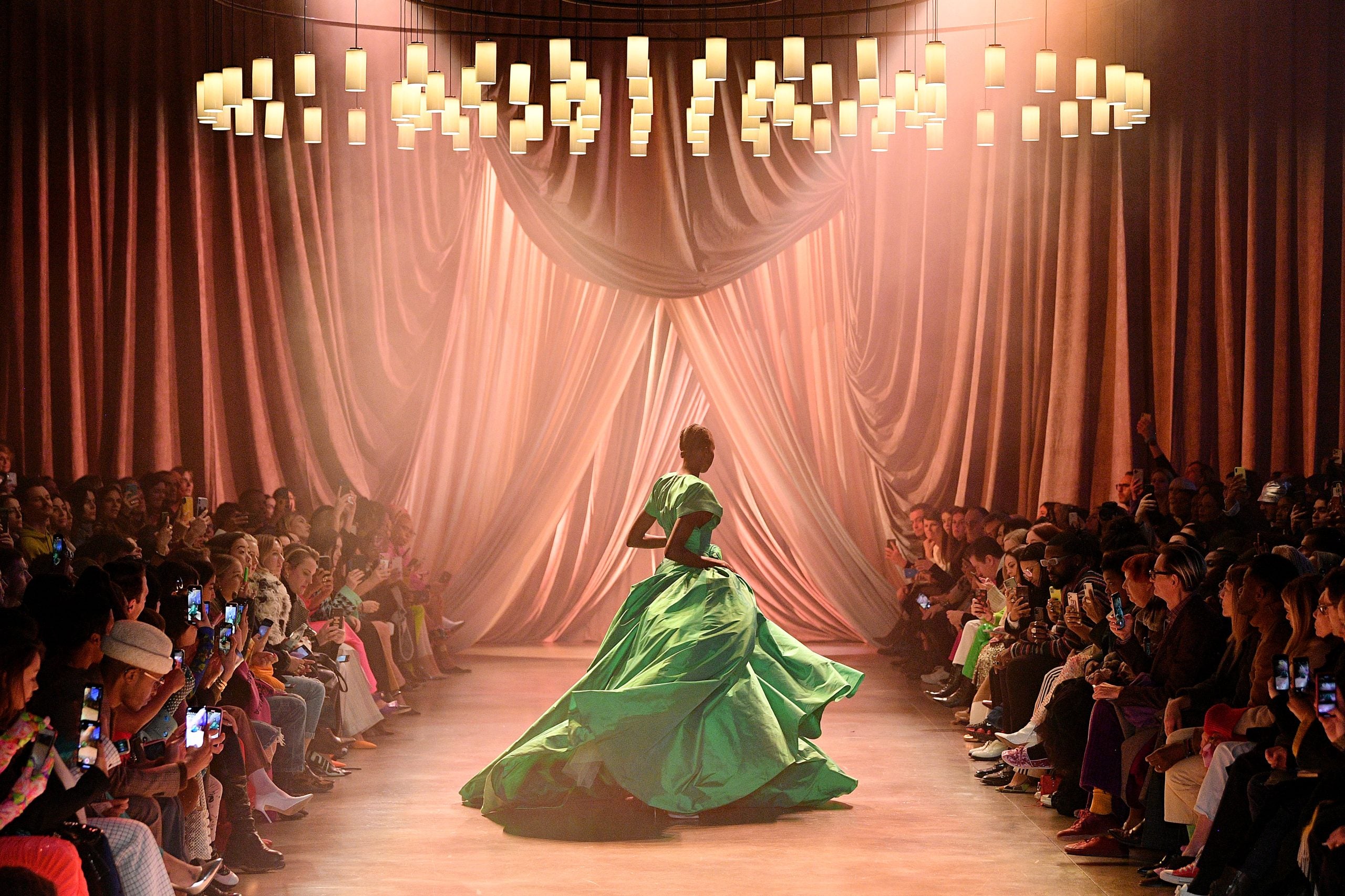
So let’s be clear: couture belongs to us, too. For Black women 40+, it isn’t about playing dress-up or faking youth. It’s about affirming a legacy of spectacle, drama, and transformation that our communities have always embraced. Next time you see a Black woman glide by in feathers, sequins, or a hat that brushes the sky, know she’s the blueprint.

